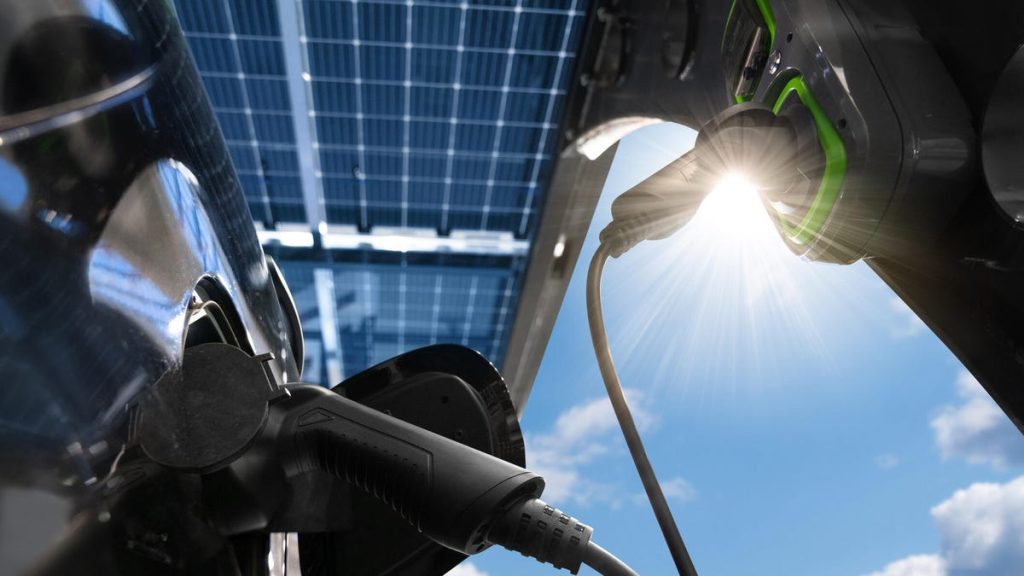Electric vehicles are seen as a cleaner and more sustainable option for transportation, but their impact on the environment depends on the source of electricity used to charge them. Connecting your home’s EV charger to a solar power system or using a public charger that pulls from solar panels ensures that your EV is powered by renewable energy. As the solar and electric vehicle industries gain popularity, rooftop solar panel installations and EV adoption are expected to increase significantly in the coming years. However, switching from a combustion car to an electric vehicle can be complex, especially when considering the installation of a charger in the garage and adding solar panels to the equation.
Home solar charging offers benefits beyond clean energy, including streamlining the charging process by eliminating the need for an inverter between the solar panels and EV. Solar panels and electric vehicles both operate on direct current (DC), simplifying the compatibility between the two systems. By relying on solar panels instead of the grid to charge an EV, the risk of being stranded with a dead battery during a power outage is minimized. A home energy setup could include solar panels, battery storage, an inverter, and an EV charger, depending on the energy consumption, size, efficiency, and number of panels installed.
To determine the number of solar panels needed to charge an EV, factors such as the vehicle’s energy efficiency, daily driving habits, peak sun hours at the location, and solar panel wattage must be considered. The calculations involve multiplying the EV’s kilowatt-hour usage per mile by the daily mileage, and then dividing by the local peak sun hours to determine the ideal solar system size. Additionally, converting the solar panel wattage to kilowatts and dividing the EV’s energy requirements by the panel efficiency helps determine the number of panels needed for charging the EV.
Considering the energy needs of the whole home when adding solar panels for an EV charger is crucial in designing a solar array that meets all energy demands. Reputable solar companies can assist in calculating energy needs and designing a system that fits the requirements. Energy efficiency improvements can help reduce overall energy needs and the size of the solar system required. Furthermore, options such as adding more panels to an existing system or building a stand-alone off-grid system dedicated to the EV are available to accommodate all home energy needs, including charging the EV.
For many, the decision between purchasing a solar panel system or an electric vehicle first depends on financial considerations. While having a solar system in place before buying an EV ensures the use of renewable energy for charging, the cost of both investments may require prioritization based on individual circumstances. Utilities that incorporate solar energy into their energy mix or offer community solar programs may alleviate concerns about charging an EV using grid electricity. Ultimately, the choice between prioritizing a flashy new EV over installing solar panels depends on personal priorities and situation.


